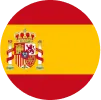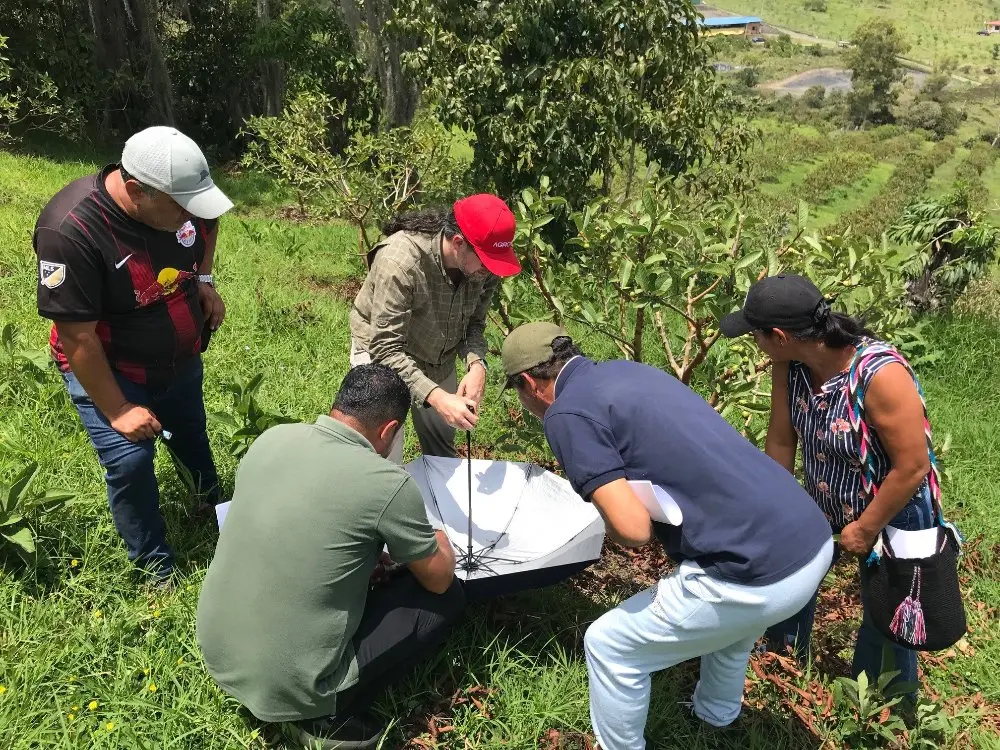- AGROSAVIA continues to promote agricultural innovation with training on weevil and rust management as a strategy to improve production in Santander and Boyacá.
Barbosa, Santander. March 26, 2025. With the goal of strengthening agricultural extension processes by providing technological updates to producers, extension agents, technical assistants, and farmer promoters, AGROSAVIA continues to implement the project “Extension model for the dissemination and appropriation of good sanitary practices” focused on guava cultivation in Santander and Boyacá.
Between March 11 and 14, guava producers from the municipalities of Barbosa, Guavatá, Puente Nacional, and Vélez (Santander), as well as Moniquirá (Boyacá), participated in specialized workshops on the biology, identification, monitoring, sampling, and management of the guava weevil (Conotrachelus psidii).
In addition to theoretical training, the producers visited guava production plots and received training in reading climatic data generated by mini-meteorological stations located on their farms and at the Cimpa headquarters, adscribed to the Tibaitatá Research Center.
These activities were led by researchers Felipe Borrero Echeverry and John Fredy Hernández Nopsa, along with professionals Pedro David Suárez Villota and David Napoleón Vargas Ramírez from the Seed Department, the Tibaitatá Research Center, and the Technology, Products, and Services Marketing Department of AGROSAVIA. Additionally, professionals Ximena López González and María Camila Rodríguez Tique and the researcher from the Cimpa headquarters, Leidy Yibeth Deantonio Florido, are part of the team executing the project.
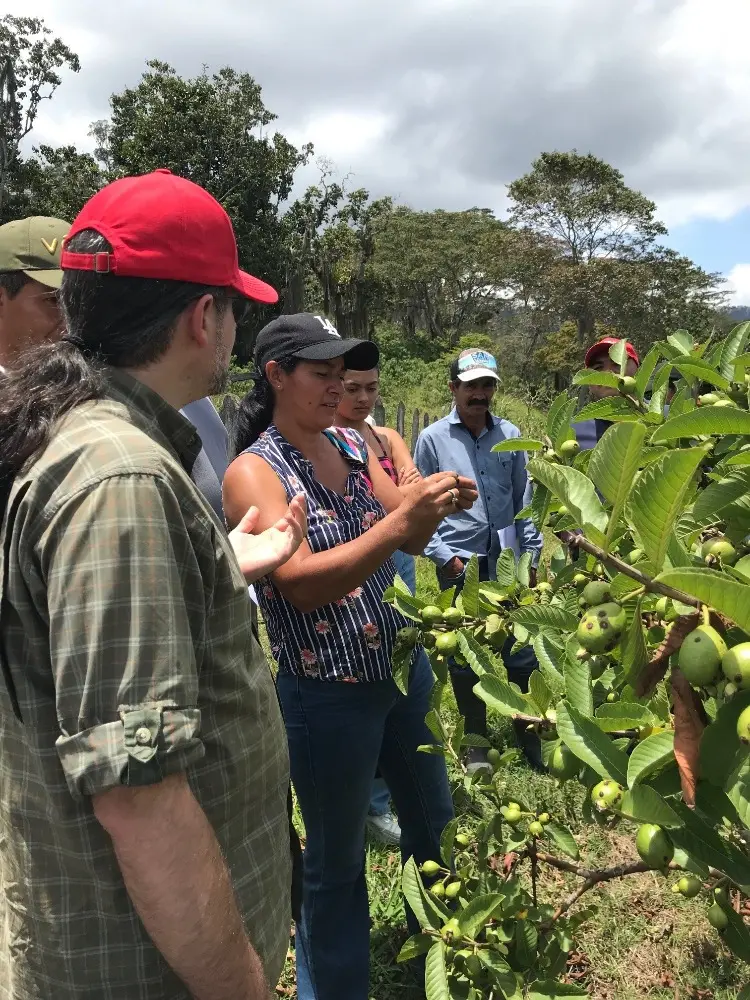
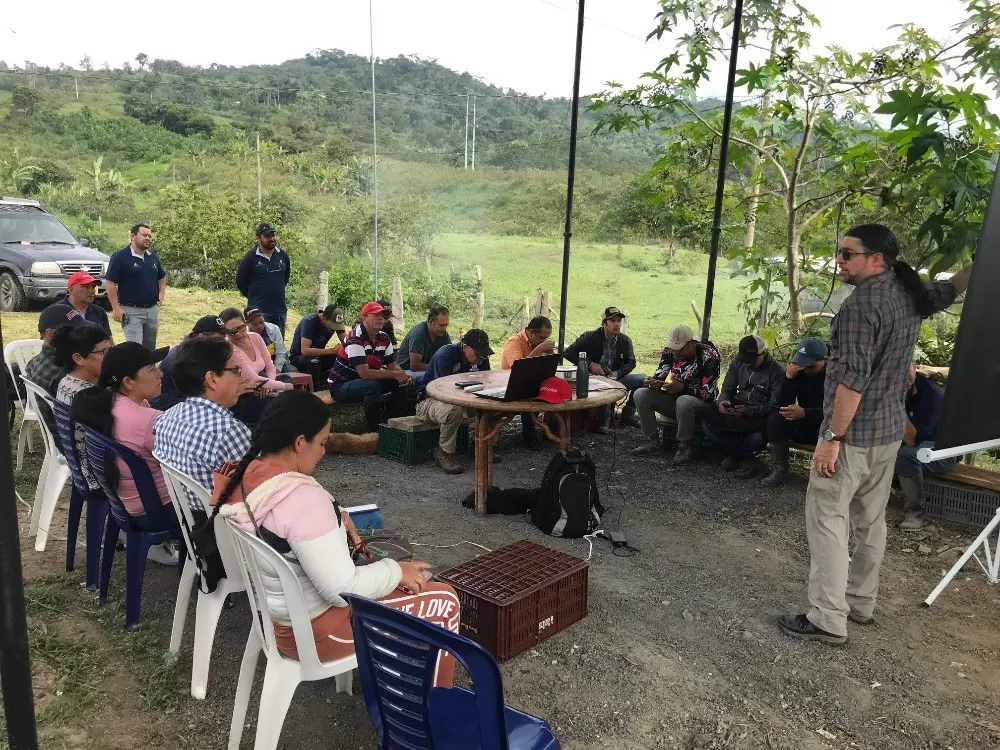
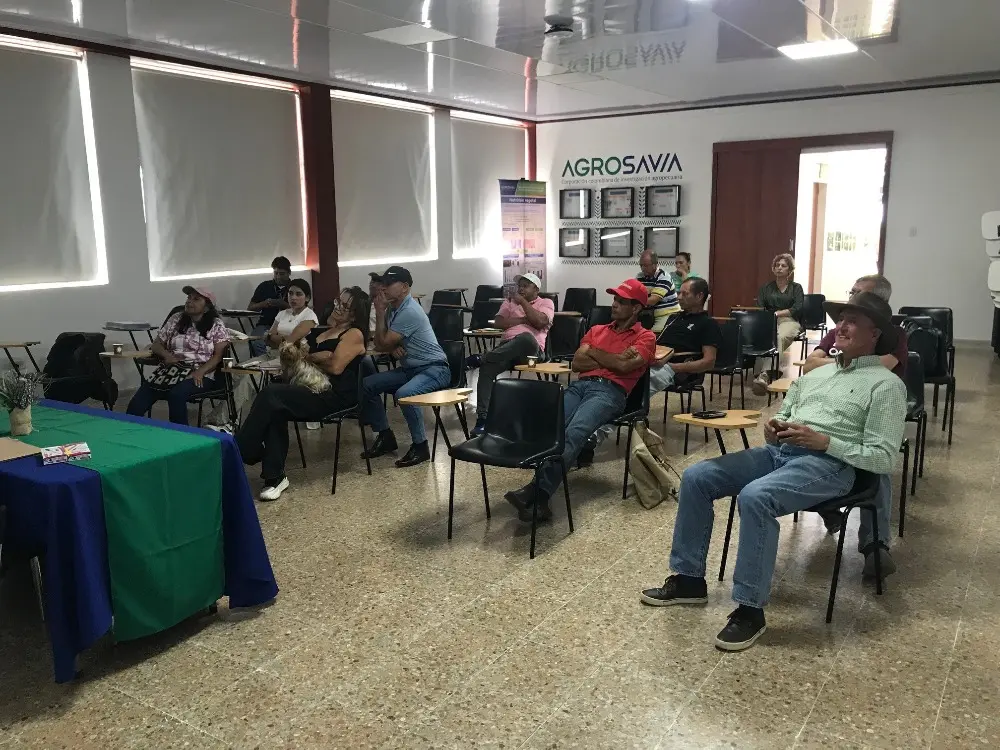
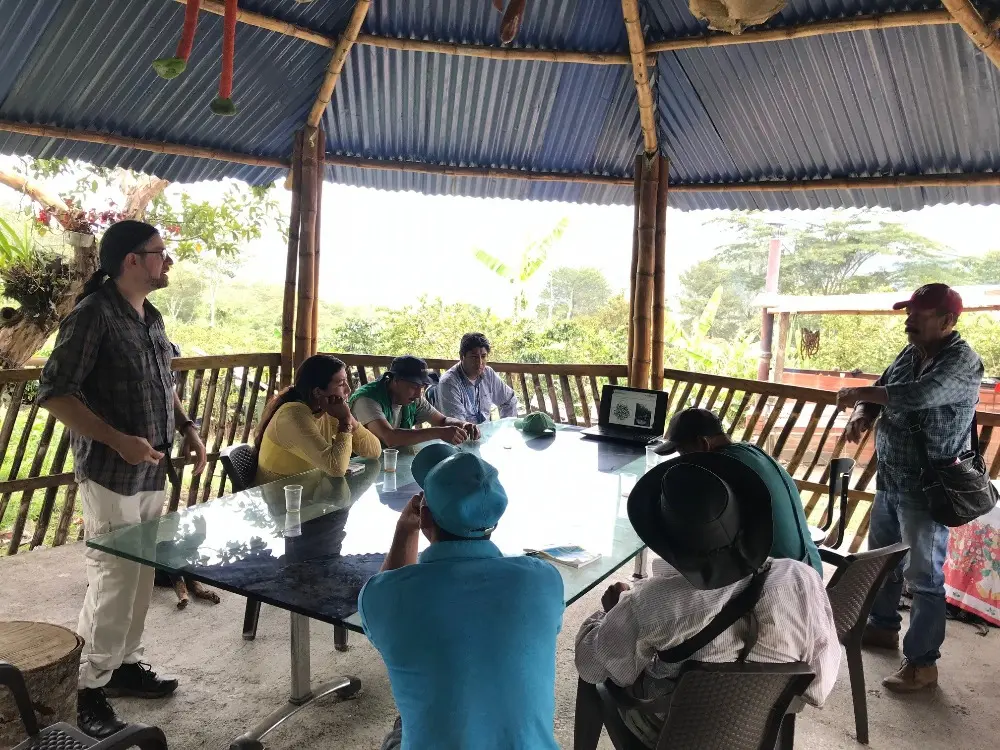
The guava weevil is the most economically important pest in the region, as its attack causes deformities in the fruit, preventing its fresh consumption or its use in the “bocadillo” [guava paste (sweet)] food agroindustry. Meanwhile, rust (Puccinia psidii) is a disease that affects the tree overall, drastically reducing production if not controlled on time.
Since the incidence of pests and diseases increases with the onset of rainy seasons, producers have traditionally applied phytosanitary controls without considering whether weather conditions favor the spread of these problems. Thanks to training in the use and analysis of weather data, guava producers will be able to make informed and timely decisions, reducing unnecessary pesticide application, optimizing water use, and lowering production costs. This represents an economic, environmental, and public health benefit for guava-producing communities.
With these initiatives, AGROSAVIA reaffirms its commitment to the sustainable development of the guava sector in Colombia, promoting innovative and responsible agricultural practices.
- More information here:
- María Elena Londoño Rubio
- Communications, Identity and Corporate Relations Professional
- Research Center Tibaitatá
- Communications, Identity and Corporate Relations Advisory Office
- melondono@agrosavia.co
- AGROSAVIA

